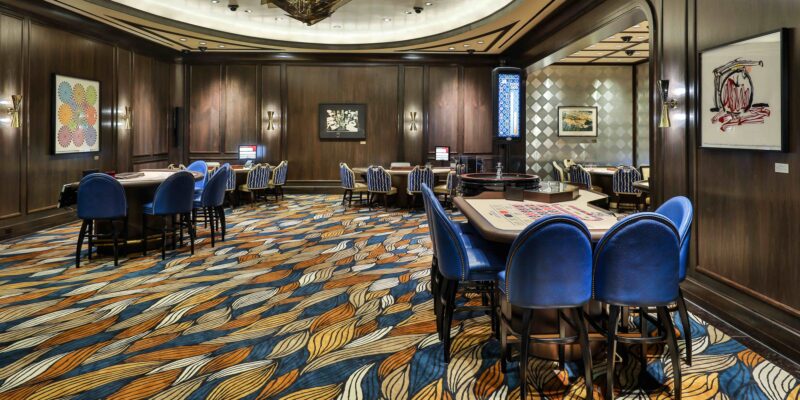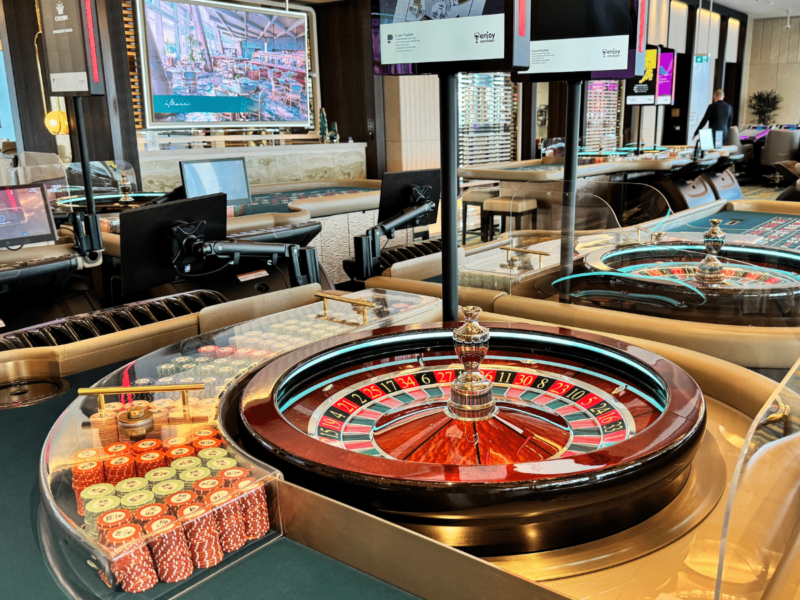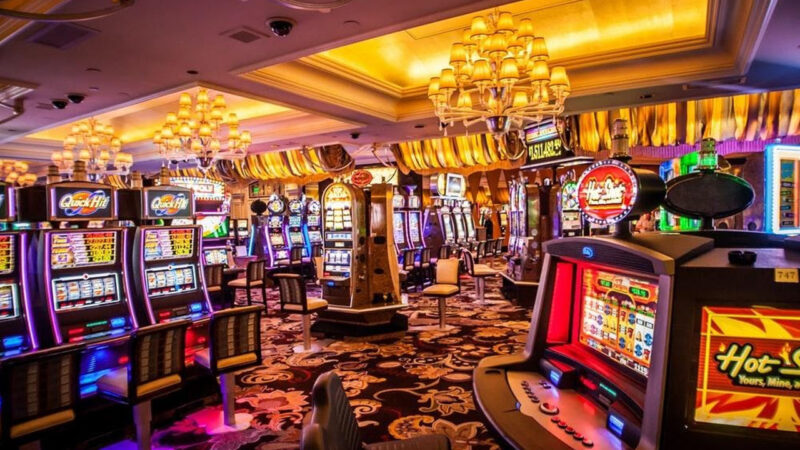Casinos have long been a prominent fixture in modern society, serving as hubs of entertainment, leisure, and potential fortune. These establishments hold a significant cultural importance, offering a glimpse into the allure of risk-taking, the excitement of chance, and the thrill of winning big. From the glitzy lights of Las Vegas to the sleek elegance of Monte Carlo, casinos have captivated people from all walks of life, transcending borders and languages to become a universal symbol of glamour and excitement. In this article, we delve into the cultural significance of casinos in todays world, exploring how these institutions have shaped our perceptions of luck, wealth, and social interaction.
The Evolution of Casinos in Modern Society

Casinos have evolved significantly in modern society, transforming from simple gambling houses to elaborate entertainment complexes that offer a wide range of amenities and activities. The evolution of casinos can be attributed to changing societal attitudes towards gambling, as well as advances in technology that have allowed for a more immersive and interactive gaming experience.
From traditional table games to state-of-the-art slot machines and virtual reality offerings, modern casinos cater to a diverse audience, with options for both casual players and high rollers. The cultural significance of casinos in modern society lies in their ability to provide not only entertainment and excitement but also employment opportunities and economic benefits to local communities. As casinos continue to evolve and adapt to changing trends and technologies, their role in modern society is likely to remain significant for years to come.
Economic Impact of Casinos on Local Communities

The economic impact of casinos on local communities is a topic of great debate and controversy. Proponents argue that casinos bring much-needed jobs, revenue, and tourism to struggling areas, revitalizing the local economy. They point to the construction and operation of casinos as creating a ripple effect of increased business for nearby hotels, restaurants, and other small businesses. Additionally, casinos often contribute to local government coffers through taxes and fees, funding community projects and services.
However, opponents raise concerns about the social costs of gambling addiction, crime rates, and negative impacts on property values. Despite the contentious nature of the issue, there is no denying that casinos play a significant role in shaping the economic landscape of the communities in which they operate.
Societal Perceptions of Casino Culture

The societal perceptions of casino culture are complex and multifaceted, with opinions ranging from admiration to disdain. Some view casinos as glamorous and exciting establishments that offer a chance for entertainment and potential wealth, while others see them as breeding grounds for addiction and exploitative practices. The cultural significance of casinos in modern society is undeniable, as they serve as a hub for social interaction, economic stimulation, and recreational activities.
However, their presence also raises ethical and moral concerns regarding gambling addiction, financial exploitation, and the impact on local communities. Ultimately, the way that individuals perceive casino culture is influenced by a variety of factors, including personal beliefs, societal norms, and cultural values.
Conclusion
In conclusion, casinos hold a significant cultural significance in modern society as they serve as markers of wealth, status, and entertainment. Whether it be through the opulent architecture, the variety of games offered, or the thrill of winning big, casinos play a crucial role in shaping our social interactions and perceptions of luck and fortune. Despite some negative connotations associated with gambling addiction, casinos continue to attract millions of visitors worldwide, offering a unique blend of excitement and escapism. The emergence of online casinos and the development of new technologies like 4d have further expanded the reach and impact of this cultural phenomenon, cementing their place in our society for years to come.


